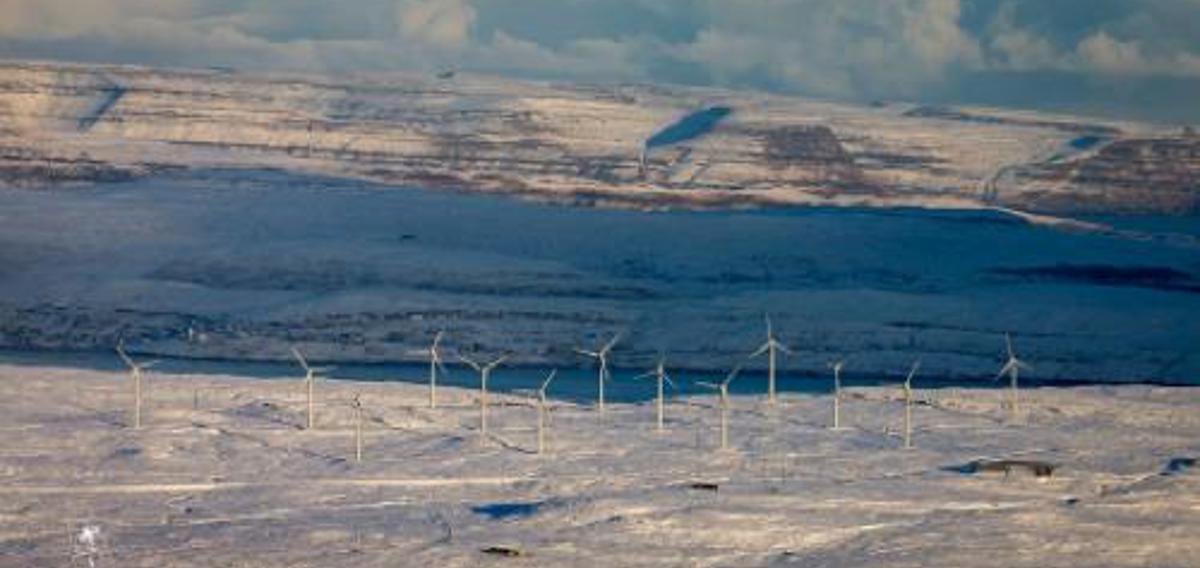Room for both public and private enterprise in the Faroese electrical system

Both SEV and private electricity production companies could play an important role in the Faroese electrical system of the future. This, in short, is the essence of the study conducted by the Danish energy trade association, Dansk Energi, on the potential of dividing the Faroese electrical system into electricity production and grid management.
The study suggests that new electrical power production from, e.g., wind, solar and tidal energy, could be put out to competitive tender, whereby the power authority would choose the lowest bid, consistent with the various tender requirements and stipulations. The power authority, however, could block SEV from submitting a tender if it deemed the competition among the other parties was satisfactory.
Core electricity security best resides with SEV
With regard to the key or core supply security and stability of the Faroese electrical system, the experts from Dansk Energi deemed it best that SEV maintain continued oversight of this aspect of the electrical system.
In general, core electrical supply/stability refers to the thermal power plants, the large reservoirs and hydropower plants of SEV that supply the Faroese electrical system with a constant and stable flow of electricity, which at any given time can play a large or small role in electricity production depending on the supply of electricity from the other sources of energy, e.g. wind turbines, solar and tidal current energy. A future hydropower pump storage system and the grid itself are also core elements of electric security in a small island society such as the Faroe Islands, which is unable to purchase energy via electric cable linkages from neighbouring countries.
SEV already possesses the hydropower reservoirs and the thermal power plants; this is the principal reason the experts from Dansk Energi recommend that SEV maintains overall responsibility for these core elements and the electric stability they represent. These core elements are closely connected to the potential of storing energy in, e.g., hydropower reservoirs and oil storage tanks, even though oil consumption on the whole is to be gradually reduced as more and more green energy resources are integrated into the Faroese electricity system. When electricity production is 100% green, it will be, first and foremost, the hydropower reservoirs, pumping systems and possible battery systems that will ensure the stability of the electrical system with oil serving as a reserve energy resource.
Important to compare with other island communities
The study recommended that the electrical grid should continually be managed as a self-contained entity and that the grid should be benchmarked against other grids, e.g., the grid in Bornholm, which is similar to the Faroese grid, or to the grid in Iceland. It also suggested to individually “benchmark” the other respective operational units within the Faroese electrical system.
The Dansk Energi experts also advocate a study be initiated to explore the role of SEV in a future electrical system wherein electric power is purchased from several different producers of electricity. The study also suggests that SEV should internally review its current operational procedures to determine if it is possible to enhance its operations and make them more effective. This review should be carried out by independent experts.
Finally, the study states that, in the event the transition to green heating and green transport is too slow, the Faroese governmental authorities, if deemed necessary, could direct SEV to take a more active role in this transition for a limited period of time.
Dansk Energi undertook this study upon the request of SEV, who had informed the Faroese energy authorities in advance of its intent to have the study carried out. SEV subsequently submitted the conclusions of the study to the respective Faroese governmental authorities.
